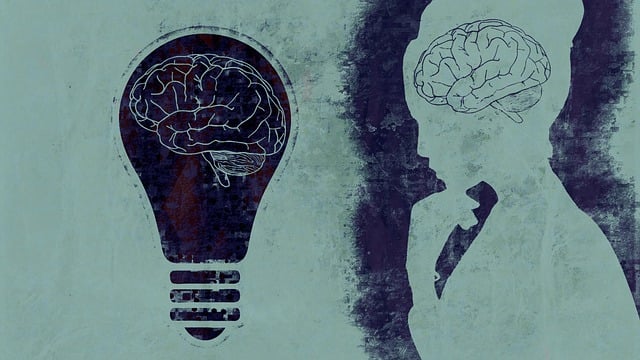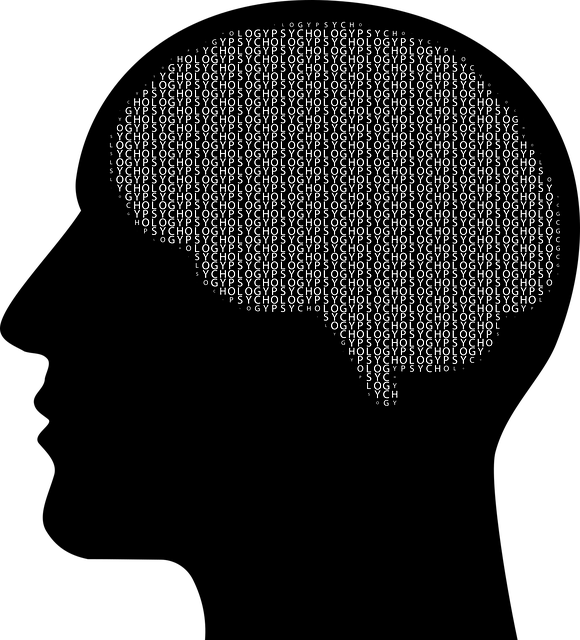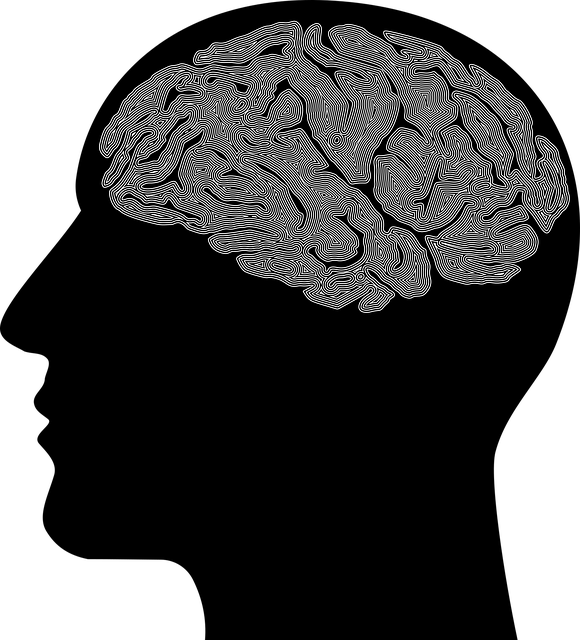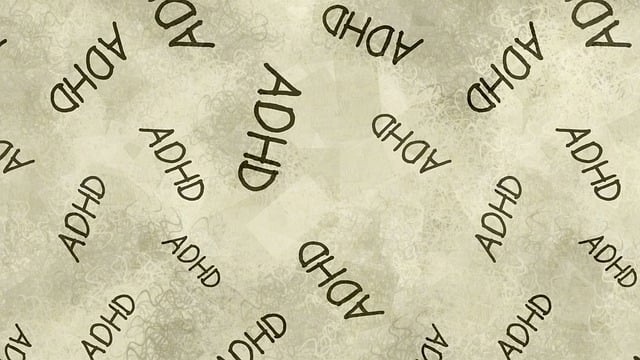Westminster International Adopts Therapy (WIAT) prioritizes cultural sensitivity in mental healthcare, addressing diverse backgrounds and beliefs for inclusive environments. By understanding cultural nuances like collective problem-solving vs. individualism, therapists tailor interventions promoting inner strength and compassion cultivation. WIAT's holistic approach incorporates conflict resolution techniques, family involvement, and mental wellness journaling exercises to foster trust and emotional healing for adoptees and families. Continuous learning and adaptation ensure culturally resonant care, overcoming barriers and enhancing treatment outcomes for diverse communities.
Mental healthcare professionals must embrace cultural sensitivity to provide effective, inclusive support. This is especially crucial when working with diverse populations, including those involved in international adoptions. The case study of Westminster International Adoptions Therapy highlights the impact of cultural background on mental health and therapy outcomes.
This article explores why cultural sensitivity is vital, its effects on treatment, and offers practical strategies for professionals to enhance their culturally sensitive practice while overcoming barriers.
- Understanding Cultural Sensitivity: Why It Matters in Mental Healthcare
- The Impact of Cultural Background on Mental Health and Therapy
- Westminster International Adoptions Therapy: A Case Study
- Practical Strategies for Culturally Sensitive Practice
- Overcoming Barriers: Tips for Mental Health Professionals
Understanding Cultural Sensitivity: Why It Matters in Mental Healthcare

Cultural sensitivity is an indispensable aspect of mental healthcare practice, especially in a globalized world where diverse communities seek support. It involves recognizing and appreciating the impact of cultural background, beliefs, and values on an individual’s mental wellness. This understanding is crucial for creating inclusive environments that foster trust and effective communication between therapists and clients from various ethnic, racial, and cultural backgrounds.
At Westminster International Adoptions Therapy, we emphasize the importance of cultural sensitivity in our approach to mental health services. By incorporating insights from the Mental Wellness Podcast Series Production, we explore how different cultures navigate mental health challenges and what unique strengths and perspectives they bring. This awareness guides us in tailoring therapeutic interventions that respect individual differences, promote inner strength development, and facilitate compassion cultivation practices. Such an inclusive approach ensures that every client receives care that resonates with their cultural identity, ultimately enhancing the effectiveness of treatment.
The Impact of Cultural Background on Mental Health and Therapy

A person’s cultural background plays a profound role in their mental health and therapy journey. Mental healthcare practitioners must be aware that cultural beliefs, values, and experiences significantly influence how individuals express and cope with emotional distress. What may be considered a normal coping mechanism in one culture could be perceived as disruptive or inappropriate in another. For instance, some cultures emphasize collective problem-solving, while others foster individualism, leading to diverse expectations from therapy.
Understanding these cultural nuances is essential for effective treatment, especially in cases involving international adoptions, like those supported by Westminster International Adoptions Therapy. Therapists need to adapt their communication strategies to build trust and ensure a safe space for clients from diverse backgrounds. This might include incorporating culturally sensitive practices, such as family involvement or specific techniques tailored to address cultural barriers to care. Moreover, promoting cross-cultural awareness can help in recognizing and preventing mental health issues like depression, particularly when considering the stress management workshops offered by organizations dedicated to supporting at-risk populations.
Westminster International Adoptions Therapy: A Case Study

The Westminster International Adoptions Therapy (WIAT) serves as a compelling case study illustrating the importance of cultural sensitivity in mental healthcare. This innovative program focuses on supporting individuals and families involved in international adoptions, many of whom come from diverse cultural backgrounds. By employing therapists trained in transcultural psychology, WIAT offers tailored therapy sessions that consider the unique challenges these families face, including cultural misunderstandings, adjustment issues, and potential trauma.
The program’s success lies in its holistic approach, combining mental health awareness with burnout prevention strategies for healthcare providers. Therapists utilize conflict resolution techniques to navigate sensitive family dynamics, fostering an environment where every member feels heard and respected. Through this tailored care, WIAT not only aids adoptees and their families in overcoming emotional hurdles but also promotes cultural understanding within the mental healthcare community, setting a standard for inclusive practices that address the specific needs of diverse populations.
Practical Strategies for Culturally Sensitive Practice

Incorporating cultural sensitivity into mental healthcare practice is a multifaceted approach that requires continuous learning and adaptation. Therapists at Westminster International Adoptions Therapy emphasize the importance of understanding clients’ cultural backgrounds, traditions, and beliefs to provide truly effective support. One practical strategy involves active listening and open-ended questions to ensure a safe space for patients to express themselves authentically. This method facilitates a deeper understanding of their unique experiences and perspectives, fostering trust and encouraging them to engage in emotional healing processes.
Additionally, therapists can offer mental wellness journaling exercise guidance tailored to cultural contexts, enabling individuals to document their thoughts, emotions, and progress in ways that resonate with their personal identities. By integrating these practices, mental health professionals contribute to the reduction of stigma associated with mental illness within diverse communities. Such initiatives not only enhance therapeutic outcomes but also promote inclusive environments where every individual feels seen, heard, and respected on their journey towards improved mental wellness.
Overcoming Barriers: Tips for Mental Health Professionals

Overcoming barriers to providing culturally sensitive therapy is essential for mental health professionals, especially when working with diverse populations. Many challenges arise from the complex interplay of cultural differences, historical trauma, and language barriers. For instance, professionals must be mindful of unconscious biases that can influence their interactions with clients from various ethnic backgrounds. Understanding and respecting unique cultural practices, beliefs, and communication styles are crucial steps in building trust and fostering a safe therapeutic environment.
Westminster International Adoptions Therapy highlights the importance of these considerations, especially when assisting individuals affected by intercountry adoption experiences. Professionals involved in such cases should be well-versed in cultural sensitivity and equipped with strategies to navigate complex emotional landscapes. Implementing a robust community outreach program can facilitate access to mental health services for hard-to-reach populations, ensuring that everyone receives the anxiety relief they deserve.
Cultural sensitivity in mental healthcare is no longer a consideration, but an imperative. As demonstrated by the case study of Westminster International Adoptions Therapy, understanding and respecting diverse cultural backgrounds significantly enhances therapeutic outcomes. By incorporating practical strategies to overcome barriers, mental health professionals can create inclusive environments that foster trust and understanding, ultimately improving care for all individuals, regardless of their cultural heritage.














